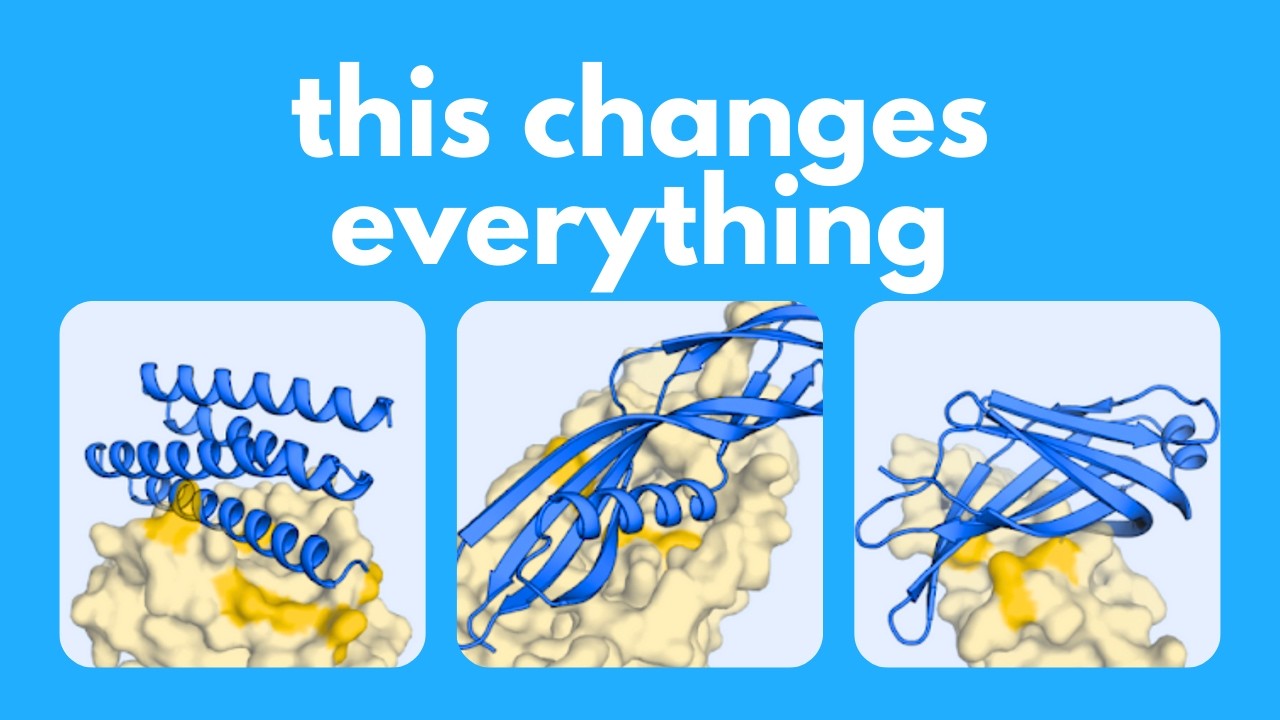This week in AI saw groundbreaking advancements, including Google DeepMind’s Alpha Proteo, which autonomously designs anti-cancer proteins, and Altera’s Project Sid, where AI agents created their own economy and culture in a Minecraft simulation. Additionally, new models like Reflection are outperforming existing benchmarks, while Elon Musk’s xAI launched a powerful data center, and OpenAI is set to release the highly anticipated GPT Next, expected to be significantly more powerful than GPT-4.
This week in AI has been particularly groundbreaking, with significant advancements in protein design, AI simulations, and new models that challenge existing benchmarks. Google DeepMind introduced Alpha Proteo, an AI system capable of autonomously designing proteins to combat cancer and viruses. Unlike its predecessor, AlphaFold, which required input from researchers, Alpha Proteo can create proteins with specific binding properties on its own. This innovation has shown remarkable success rates, with some proteins being ten times more effective than those designed by humans, potentially revolutionizing drug discovery and treatment for various diseases.
In another fascinating development, Project Sid, created by Altera, simulated over a thousand autonomous AI agents in a Minecraft environment. These agents were not pre-programmed and instead formed their own economy, culture, and government through emergent behaviors. They established a market system using gems as currency, created a religion, and even drafted a constitution collaboratively. This simulation highlights the potential for AI agents to develop complex social dynamics and raises questions about the future interactions between AI and humans.
Additionally, a new open-source AI model called Reflection has emerged, claiming to outperform existing models like GPT-4 and Claude 3.5. This model utilizes a technique called reflection tuning, allowing it to correct its own mistakes, which is a significant advancement in AI reliability. Despite being only 70 billion parameters, Reflection has demonstrated superior performance across various benchmarks, indicating that smaller models can still compete effectively with larger counterparts.
Elon Musk’s company, xAI, has also made headlines by launching its Colossus data center, which boasts 100,000 H100 GPUs, making it one of the most powerful AI training systems globally. This rapid development, completed in just 122 days, positions xAI as a formidable player in the AI landscape. Musk’s team plans to double the capacity soon, further enhancing their computational power and potentially leading to significant advancements in AI capabilities.
Lastly, OpenAI is preparing to release a new model called GPT Next, which is expected to be 100 times more powerful than GPT-4, achieved through improved architecture rather than just increased compute. This model is anticipated to be released by the end of the year, alongside a larger model named Orion in 2025. The AI landscape is evolving rapidly, with new technologies and methodologies emerging that could reshape various fields, from healthcare to AI governance, making it an exciting time for innovation and discovery.
